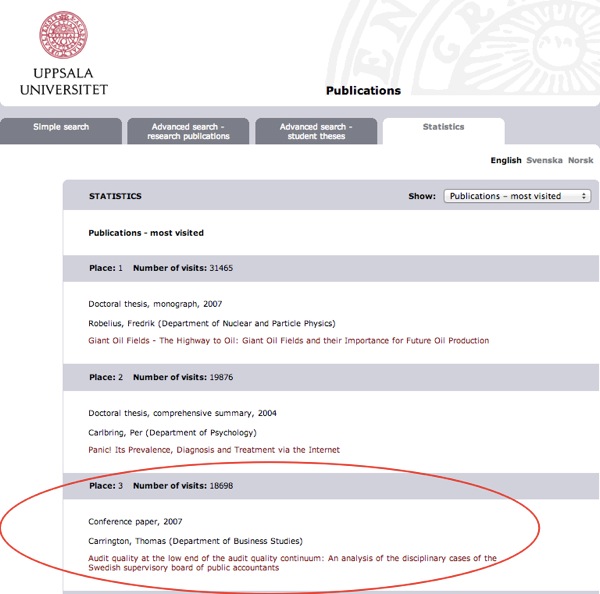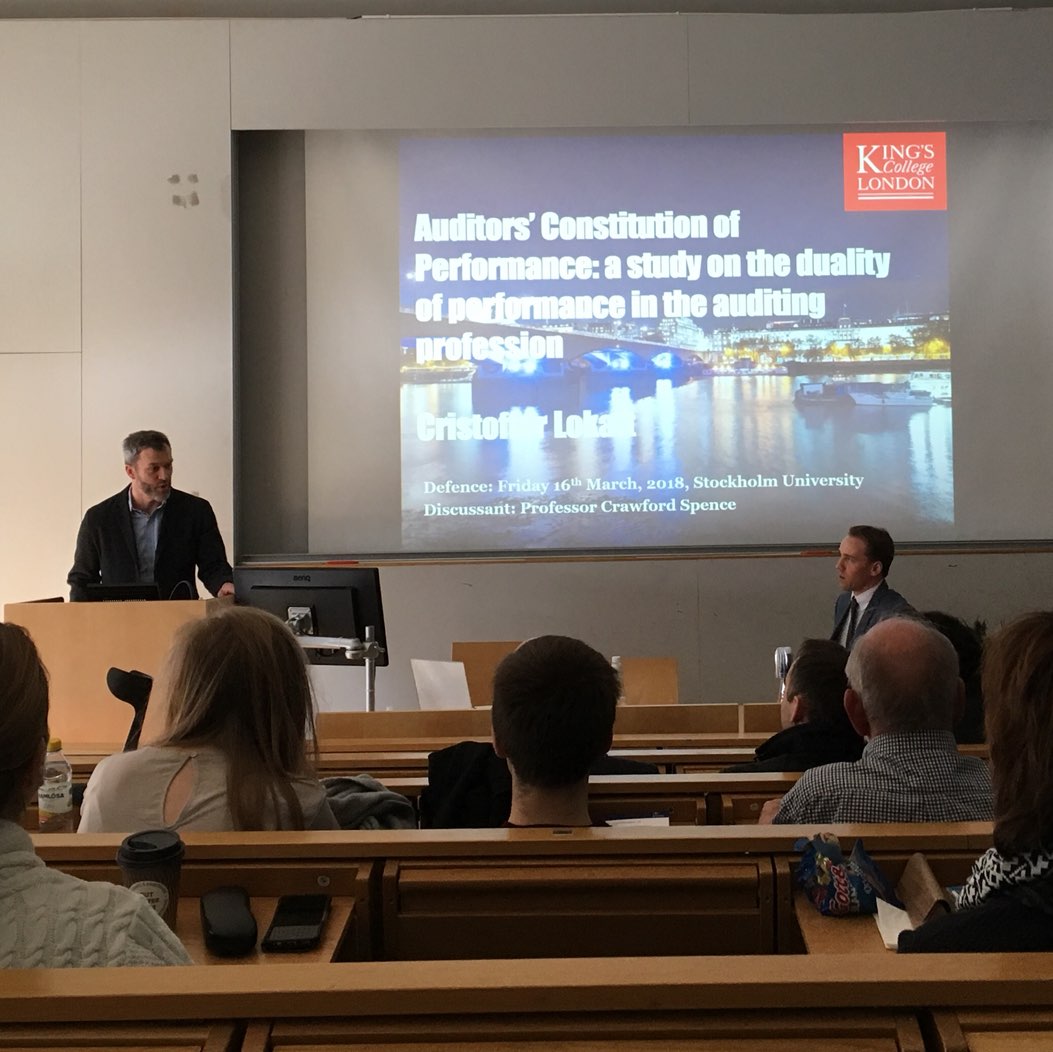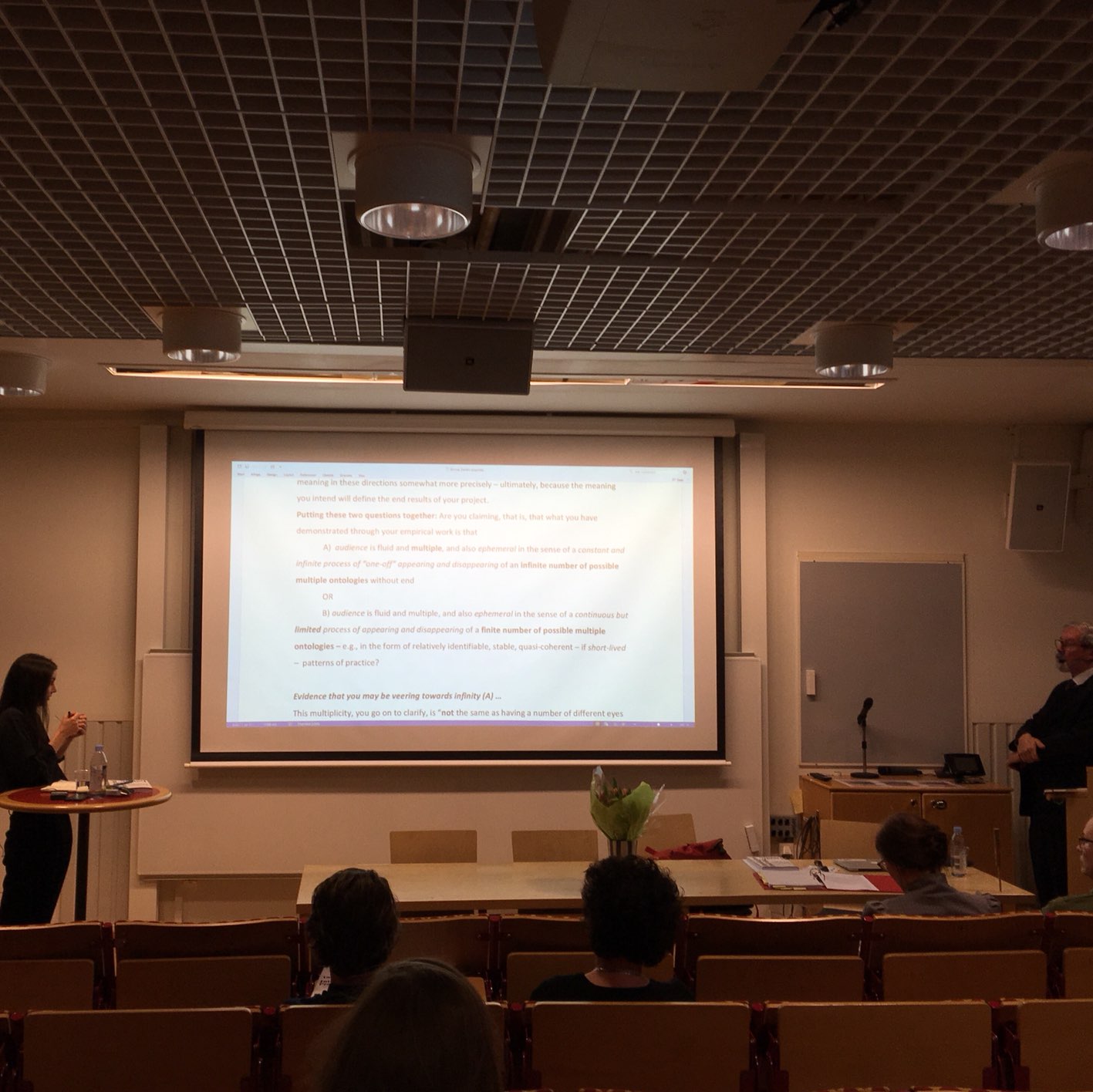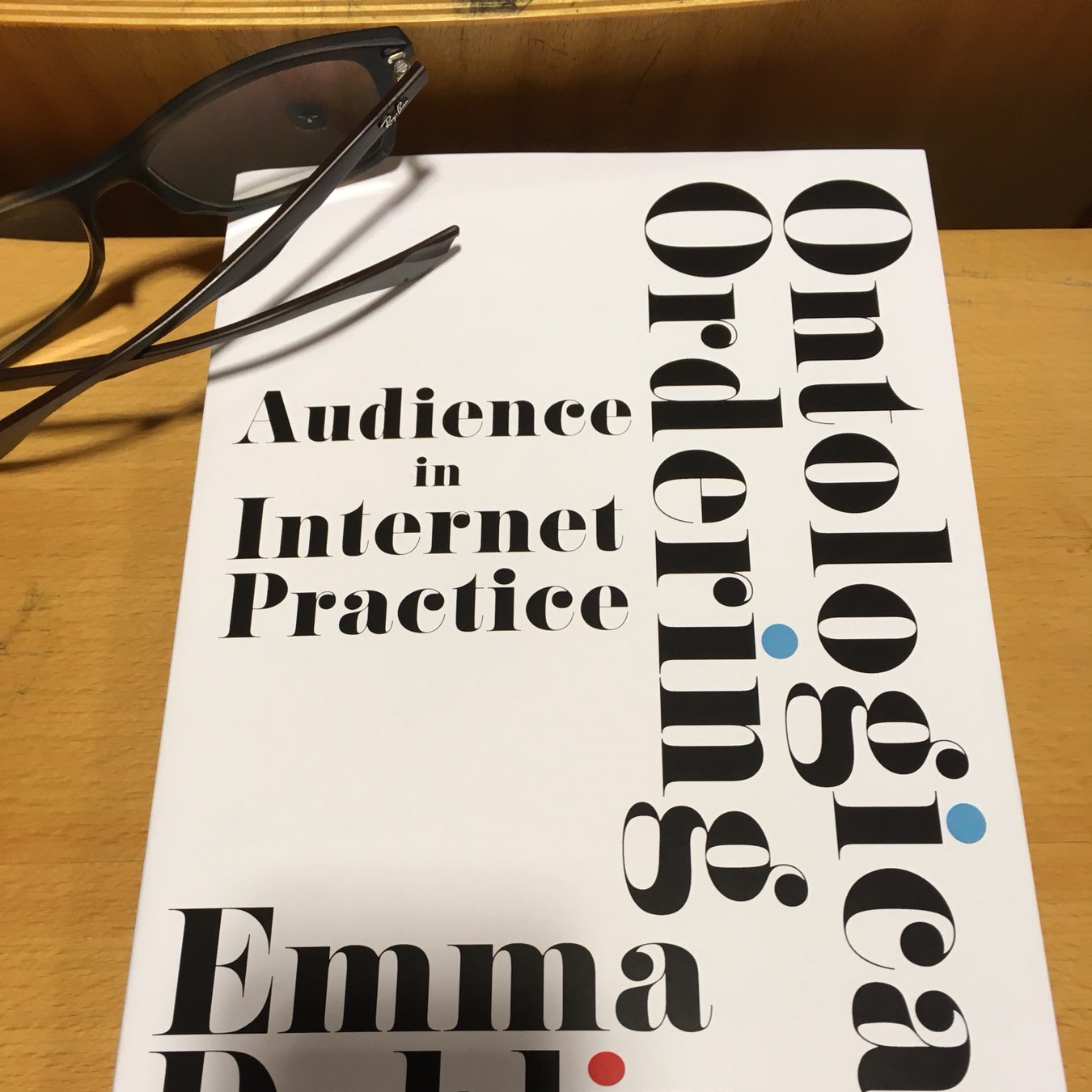Recently it was brought to my attention that a conference paper of mine is the third most viewed “publication” in the Uppsala University library database DiVA. This, I have to admit, made me a little embarrassed. Because, people kept congratulating me for this thing, which I could neither understand nor explain. I was completely bewildered why this “work in progress” would be the text that, out of all the things I have written, would get the most attention. I quickly realised that my only real choices—if I did not want to continue the “I don’t know” mantra at the risk of looking stupid for not knowing, or lazy for not finding out—were to either just smile and try to keep up the appearance that this conference paper was some kind of master piece or to go to the bottom of this mystery and try to find at least a partial explanation for the paper’s popularity. The choice was of course easy. How could I not want to know?

First of all it is worth noting that the database entry is the third most “viewed” on DiVA. This is an important distinction because the paper is not downloadable. (A later published version of the paper can be downloaded from Elsevier but this conference paper version can’t.) On the other hand, there is no way of knowing that the paper is not downloadable when it appears in the list of search results so from that perspective the distinction is not important. What is important is to be clear about that very few people have actually read the conference paper. That a lot of people have clicked on the link to the database entry for the paper in the list of DiVA search results does hence not mean that we can draw any conclusions about the quality of the paper.
In fact, I would submit that the conference paper is not that particularly good. Although I think the empirical parts of the paper are OK, I am not especially proud of the theoretical parts of the conference paper. Fortunately the published version of the paper is much better. The paper is published as An analysis of the demands on a sufficient audit: Professional appearance is what counts! and can be found in Critical Perspectives on Accounting Vol. 21, No. 8, pp. 669-682. As of december 2012 the journal article is cited by one other paper according to Scopus, and by seven other sources by the more generous Google Scholar. And although only three years have passed since its publication—and it hence is not impossible that a flood of references are still to come—I do not expect the journal article to be referenced in anyway nearly similar numbers to the conference paper. The mystery is not why the journal article is not referenced in the thousands but why the conference paper has been viewed so ridiculously often.
So, how can the popularity of the database entry in Uppsala University’s library catalog DiVA be explained? Well, if one search Google for the title (or parts of the title) of the paper not much shows up. This tell us that the answer has something to do with the content of the database rather than the subject or the title as such. Actually, the story of this database entry tell us a lot about the state of audit research in Uppsala, and Sweden more generally, as one soon finds that there is not much of it in this database. Hence, supply is scarce. Simultaneously, demand is apparently high. And in particular demand is high for studies of “low audit quality”. A search for “low audit quality” (in december 2012) result in five hits. Mine is at the top. Three of the five hits are publications from 2012 and only my entry is a text about financial auditing. It would seem that people are really interested in low audit quality. Present and future students hence ought to keep this in mind when choosing subjects for their bachelor and master theses. (And I and my colleagues should also return to the subject.)
From this perspective the popularity of the database entry is however a little ironic because, as is apparent from the discussion above, I changed the title of the paper between the conference and the subsequent publication of the paper three years later. The paper still is about low audit quality but it is definitely not about “audit quality at the low end of the audit quality continuum” as the title of the conference paper reads. It was however submitted as such to Critical Perspectives on Accounting but I had to change the title to “An analysis of the demands on a sufficient audit” as one of the anonymous reviewers made me aware of the nonsense of talking about an audit quality continuum as if it was a single metric or a compound of metrics that could be measured along a single dimension. It is now clear to me (as it should have been already when I submitted the paper for publication) that audit quality is far more complex than that. Actually, I made this observation the main point of the introduction of the journal article. Later I also changed the second part of the title to “professional appearance is what counts”, by suggestion from the editor after the paper was accepted for publication. It was a good suggestion, which I accepted without alteration or hesitation.
The second part of the title is good because it so accurately describes the main point made in the paper. And this is also why I find the popularity of the title of the conference paper so ironic. Because, the main point of both versions of the paper is, as the later title so clearly emphasises, that although quality in a technical sense is important when deciding what is good and bad auditing, what really matter is the appearance of the auditor as professional. And this is ironic because I suspect that this is exactly what is going on here too. People find the database entry because they search for “low audit quality” and because there are few if any alternatives in the database. But this does not mean that they have to click on the link. They could just leave DiVA and go to Google Scholar instead. The reason why they click on the link, I believe, has to do with the title having such a scientific ring to it, especially the part I later, thanks to the reviewers, came to view as the most flawed part of the paper: “the audit quality continuum”.
If this is true I guess I should be a bit embarrassed by the popularity of (the title of) the conference paper. Because, what makes people click on the link is the part of the paper I am least proud of. Fortunately they cannot read the paper. Furthermore the popularity of the database entry also gave me this chance to make “clever” analogies between the content of the paper and the popularity of the paper. On the balance, I have therefore decided to be happy for the popularity of the database entry, if nothing else for it being such a good indicator that Uppsala University need more audit research! Furthermore, the conference paper may not be the paper with the highest quality I have written, but (for those who haven’t read this blog post) it sure helps keep up the appearance of me as a competent researcher!




